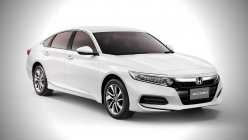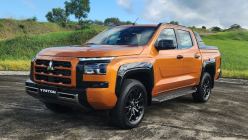Back in the 1990s, Mitsubishi and Chrysler worked closely together to develop and sell cars. The most famous models that came out from this joint-venture were of course the Diamond-Star Motors sports cars namely the second-generation Eclipse, the Eagle Talon, and the Plymouth Laser. Note the rather interesting names.
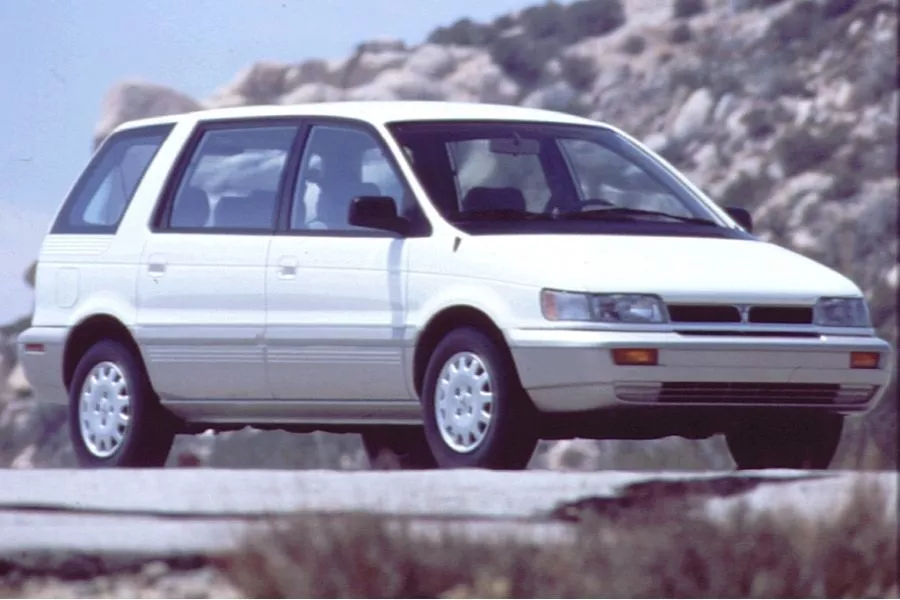
The Mitsubishi Space Wagon
For the Asian market, specifically the Philippines during that period, more people were in the need of family vehicles with high seating capacities. Car brands like Toyota heard this and thus introduced the Liteace and Tamaraw FX while Nissan launched the Vanette. These models did well as they had what Pinoys needed.
To answer this, Mitsubishi Philippines brought in the second-generation Mitsubishi Space Wagon. As with its other Mitsubishi-Chrysler produced vehicles, this seven-seater MPV is in keeping with the 90s funky name trend. Moreover, it was more or less, as prevalent in the international market as other Mitsubishi-Chrysler products. It was sold in the US by Chrysler as the Colt Vista Wagon, and as the Nimbus in Australia. It was even sold and assembled in China by what is now known as Guantong Auto.
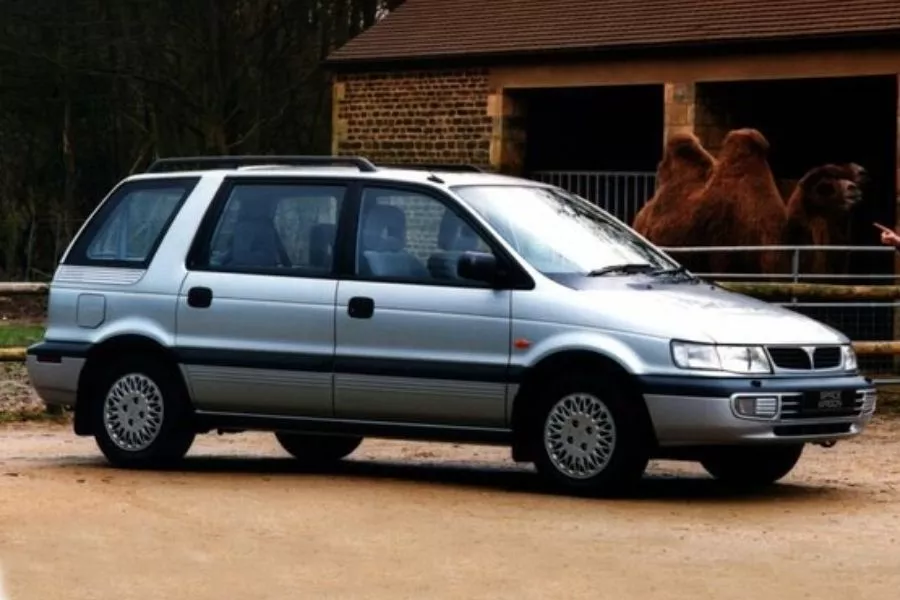
As an international model, it was sold under many names
In the Philippine market, the Space Wagon was sold between 1992 to 1999. Initial models (1992 to 1995) used a carbureted 1.8-liter 4G93 inline-4 gasoline engine. In this configuration, it made 109 horsepower and 154 Nm of torque. At this point in time, only a five-speed manual tranny was available to the said MPV.
Later in 1995 however, Mitsubishi gave the Space Wagon a significant upgrade in the form of electronic fuel injection. This increased its output to 115 horsepower. A year after that in 1996, the model also received a four-speed automatic gearbox.
>>> Related: Check out the Mitsubishi Galant 2016 for sale
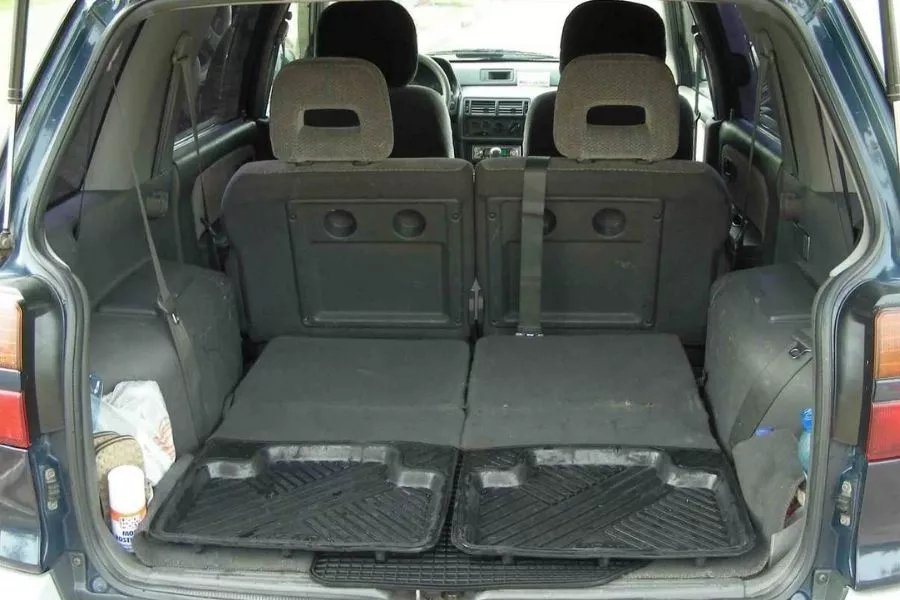
The "space" in Space Wagon might be referring to how spacious its interior is
As a seven-seater vehicle, the Space wagon had a lot to offer for Filipino families. It had decent legroom and headroom for its occupants, and its cargo space was generous. The second-row and the third row can be folded, so it was pretty great for dealing with cargo. The 1995 version even came standard with roof rails. Inside, all of its seats were covered in fabric, and it had a leather-wrapped steering wheel. Sure, its audio system was an AM/FM/Cassette player which is archaic compared to today’s standards, but it was a comfortable and very practical car in general.
In its home country of Japan, there was a particularly spicy variant of the Space Wagon called the Resort Runner GT. It used the same 4G63 power plant found on the Lancer Evolution and the Galant VR-4, and it could make up to 226 horsepower if paired with the manual transmission. The said engine was also turbocharged, and it used a four-wheel-drive configuration. At this time in the 1990s, the Resort Runner GT was one of the hottest MPV/wagon to have ever come out of the Japanese Domestic Market, and sadly, it didn’t make it to the Philippines.
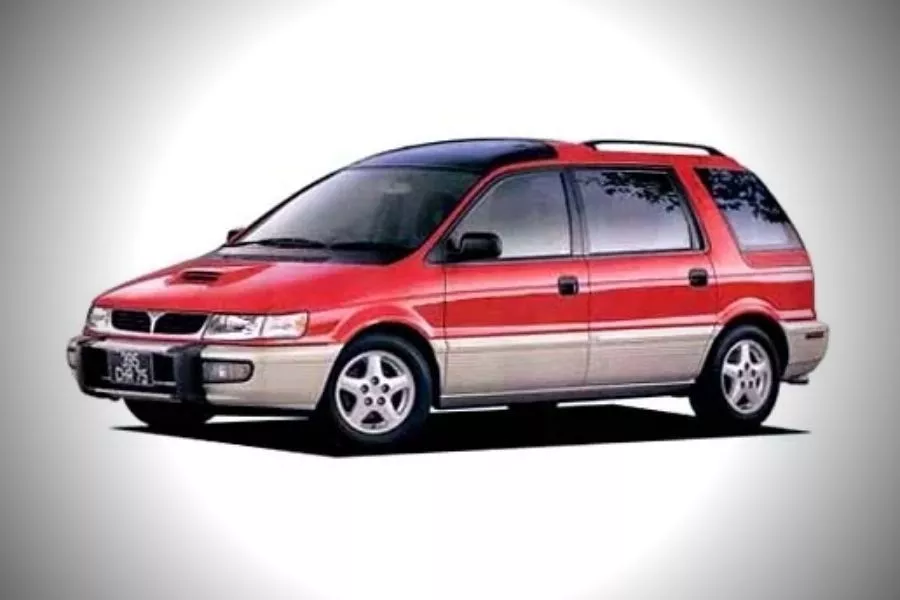
The Mitsubishi Resort Runner GT for the Japanese Domestic Market
Now if you’re in the market for an affordable, used seven-seater car, the Mitsubishi Space Wagon is one possible choice. Sure, it is old, and low mileage models are non-existent, but the average price of Php 140,000 is too hard to pass up.
What you have to watch out for though are starting problems due to a worn-out crankshaft position sensor, ECU problems for the models with electronic fuel injection, a dirty carburetor for the earlier models, and cosmetic issues (paint, body panels, etc.)
So, what do you think of the Mitsubishi Space Wagon? Would you want to restore one, or would you rather drive a newer, more modern MPV?
For more nostalgic articles like this, keep reading here on Philkotse.com.
Know more about Mitsubishi Space Wagon 2026

Discontinued
ExploreRecent posts
- Mitsubishi Eclipse cars we miss Nov 06, 2020
- Toyota Tamaraw nostalgia cars we miss Mar 18, 2021
- Mitsubishi Philippines price List 2026 Nov 05, 2018


